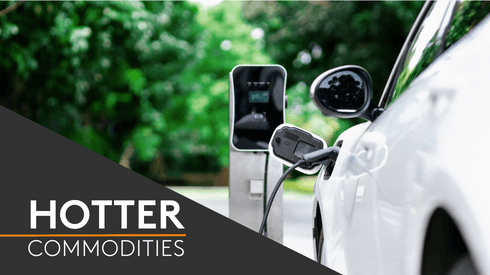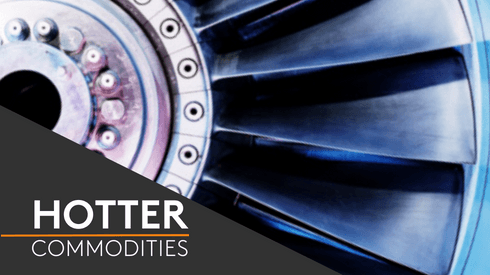The production of low-carbon automotive steel generates less than 10-30% of the carbon dioxide released by traditional steelmaking methods.
From 2026, BMW’s car plants in China will begin to use HBIS green steel, which is produced via electric-arc furnaces with renewable-source electricity, with carbon dioxide emissions cut by about 95%.
This will allow BMW to take about 230,000 tonnes per year of carbon dioxide emissions out of the supply chain side, the carmaker added.
On Thursday, BMW and HBIS signed a Memorandum of Understanding (MoU) on creating a green and low-carbon steel supply chain in Shenyang, the capital of the northeastern province of Liaoning, where BMW’s production bases are located.
The cooperation between BMW Group and HBIS Group has opened doors for the application of green steel in the automotive industry
“The cooperation between BMW Group and HBIS Group has opened doors for the application of green steel in the automotive industry,” Cheng Huiqiang, deputy secretary general of the China Development Research Foundation (CDRF), said.
Producing and using green steel is one of the most effective ways to reduce carbon emissions across the life cycle of vehicles. In the production of a mid-size purely electric vehicle, steel creates about 20% of the carbon emissions across the supply chain, only exceeded by 26% for high-voltage batteries and 23% for light metal materials, according to BMW.
Reducing the carbon footprint of automotive steel was not only “very important” for BMW Group’s goal of sustainable development, but was “equally important” to China’s green transition in industry and achieving the target of hitting a carbon peak by 2030 and carbon neutrality by 2060, Dr Franz Decker, chief executive officer of BMW’s Brilliance Group, said.
In Europe, BMW has already signed deals with German steelmaker Salzgitter and Sweden’s H2 Green Steel for supplies of low-carbon steel, in February 2022 and October 2021 respectively.
HBIS is the seventh-biggest steel producer in the world and the fourth-largest in China, according to 2021 crude steel output data from the World Steel Association.
HBIS launched its Low Carbon Development Technology Roadmap in March 2022, a year after it announced the goal of carbon neutrality in 2050. It said it would “explore six technology paths and build two management platforms” to cut carbon emissions by 10% from the peak in 2025, by 30% in 2030, and to achieve carbon neutrality in 2050.





